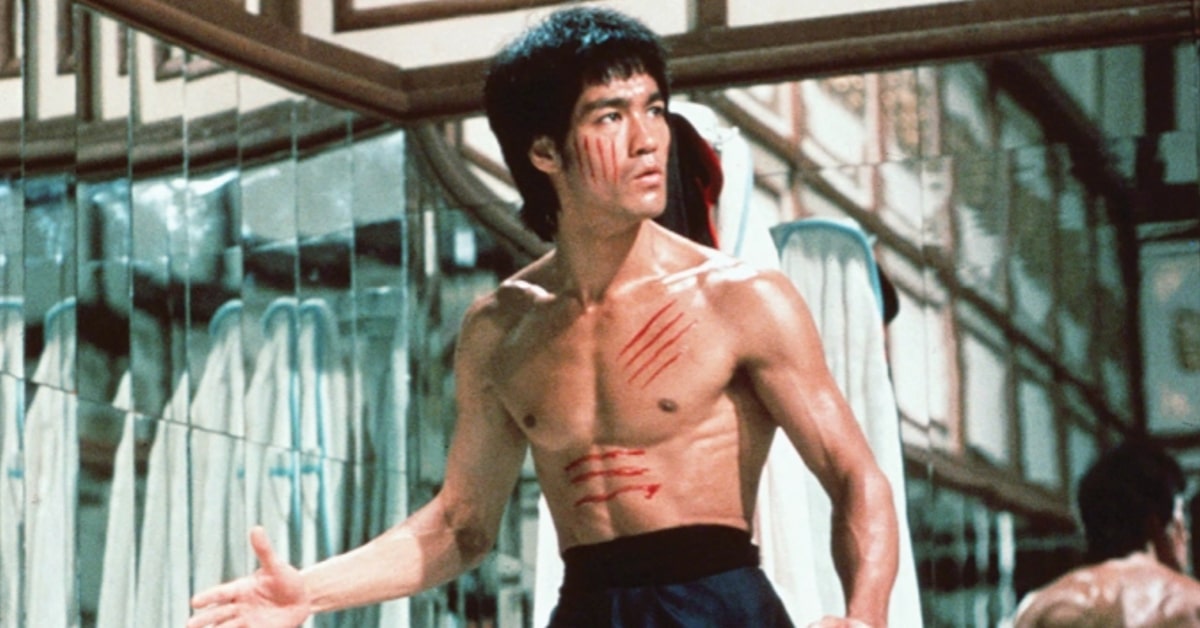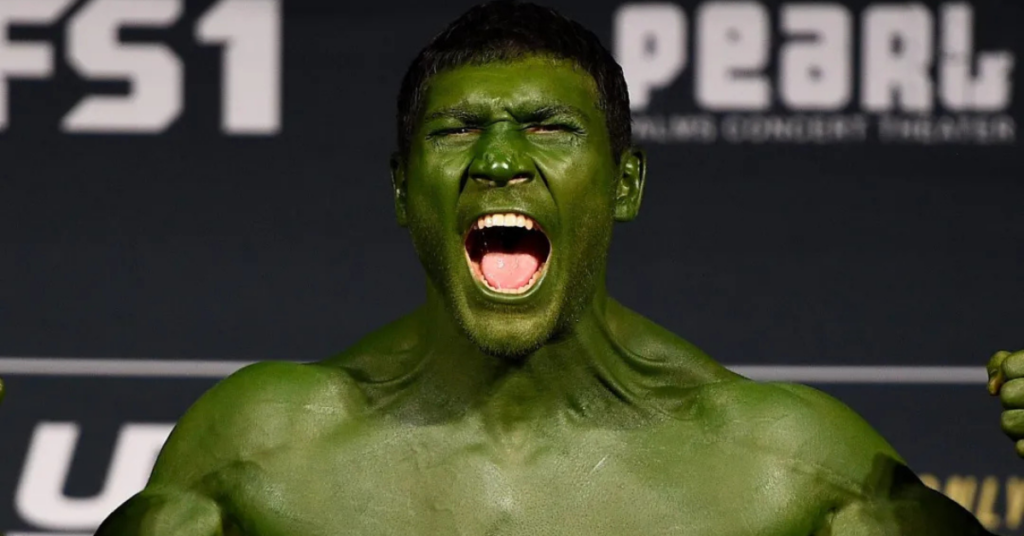Bruce Lee may have died from drinking too much water, researchers say

Martial arts legend Bruce Lee could have died due to drinking an excessive amount of water. He died in 1973 but there’s a new theory on what caused the 32-year-old’s sudden death.
The original cause of death was a brain edema that could have been caused by a prescription painkiller.
In a new study, doctors say Lee likely died from hyponatremia. According to Cleveland Clinic, the condition happens when the body holds on to too much water and sodium levels in the blood are too low.
“We hypothesize that Bruce Lee died from a specific form of kidney dysfunction: the inability to excrete enough water to maintain water homeostasis, which is mainly a tubular function.”
“This may lead to hyponatremia, cerebral oedema (brain swelling) and death within hours if excess water intake is not matched by water excretion in urine, which is in line with the timeline of Lee’s demise.”
Over the years, rumors have circulated that he may have been assassinated, poisoned or died from heatstroke. The recent findings have seemed to debunk the rumors.
What caused Bruce Lee’s death?
Researchers have shared different factors that may have made him a high risk for hyponatremia. Lee’s cannabis use may have caused increased thirst. Prescription drugs and alcohol may have also affected his kidney’s ability to eliminate water.
According to his wife Linda, the 32-year-old lived off a fluid-based diet that included carrot and apple juice.
Along with MMA, Lee was a well-known actor. He starred in different films including Enter The Dragon, The Orphan and Game of Death. He was also the creator of Jeet Kune Do, a mixed martial arts philosophy that can be applied to real-life combat and challenging situations. According to the Bruce Lee Foundation website, the three basic guiding principles are simplicity, directness, and freedom.






